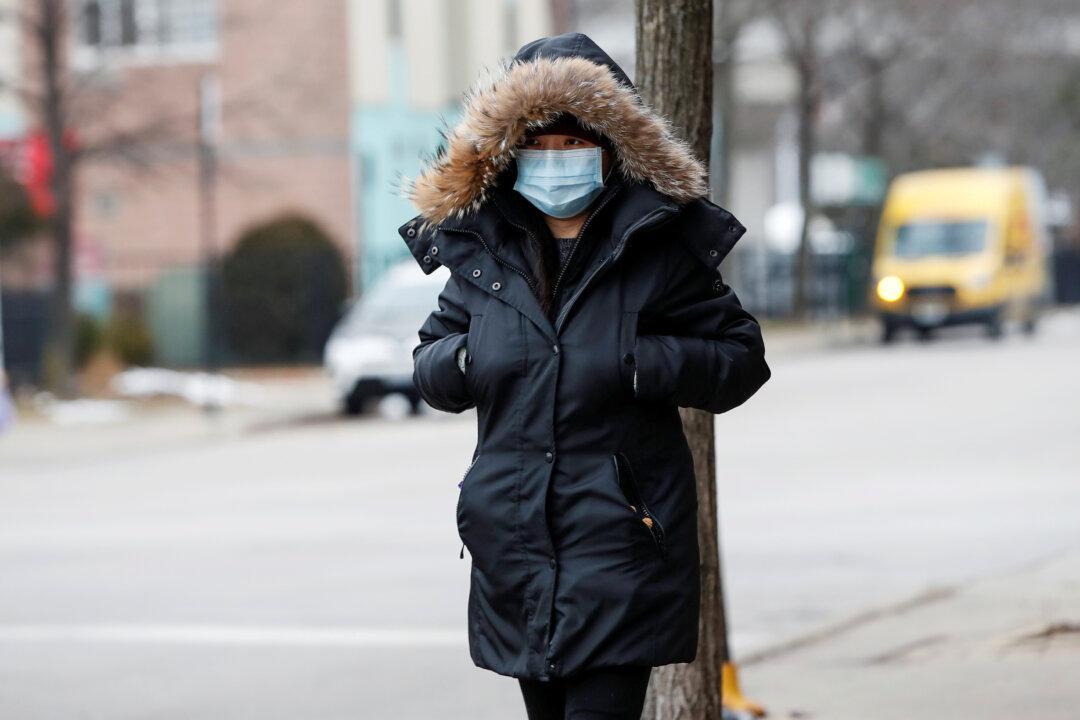U.S. health authorities have confirmed an eighth case of the novel coronavirus in the United States.
The virus was detected in a man in his 20s from Boston who had recently traveled to Wuhan, the central Chinese city where the outbreak originated, the Massachusetts Department of Public Health announced in a press release on Feb. 1.





